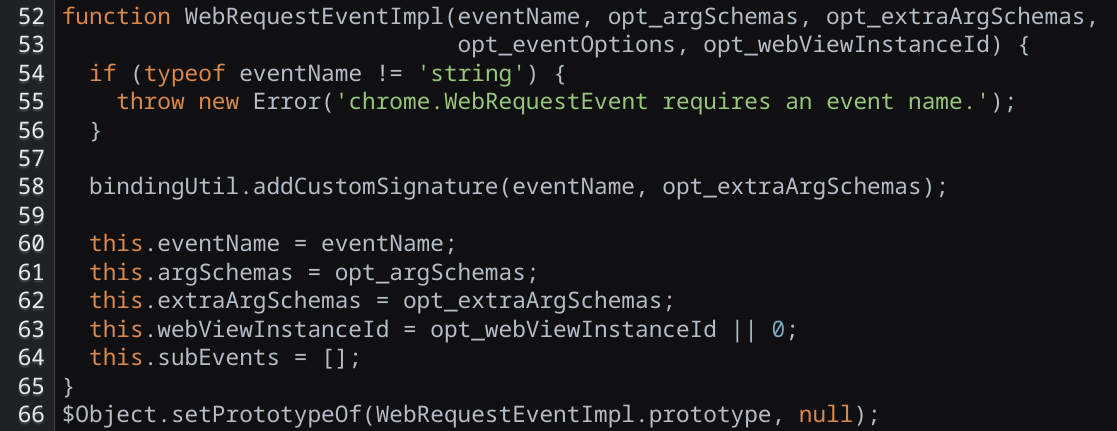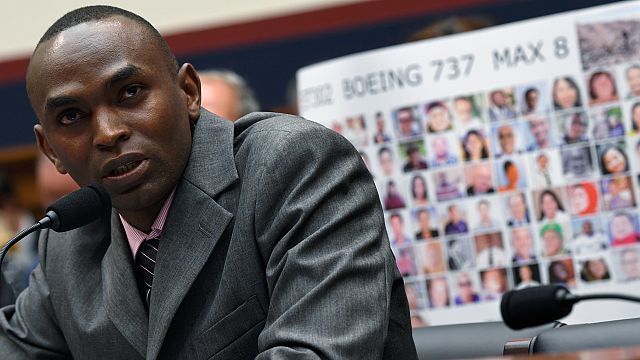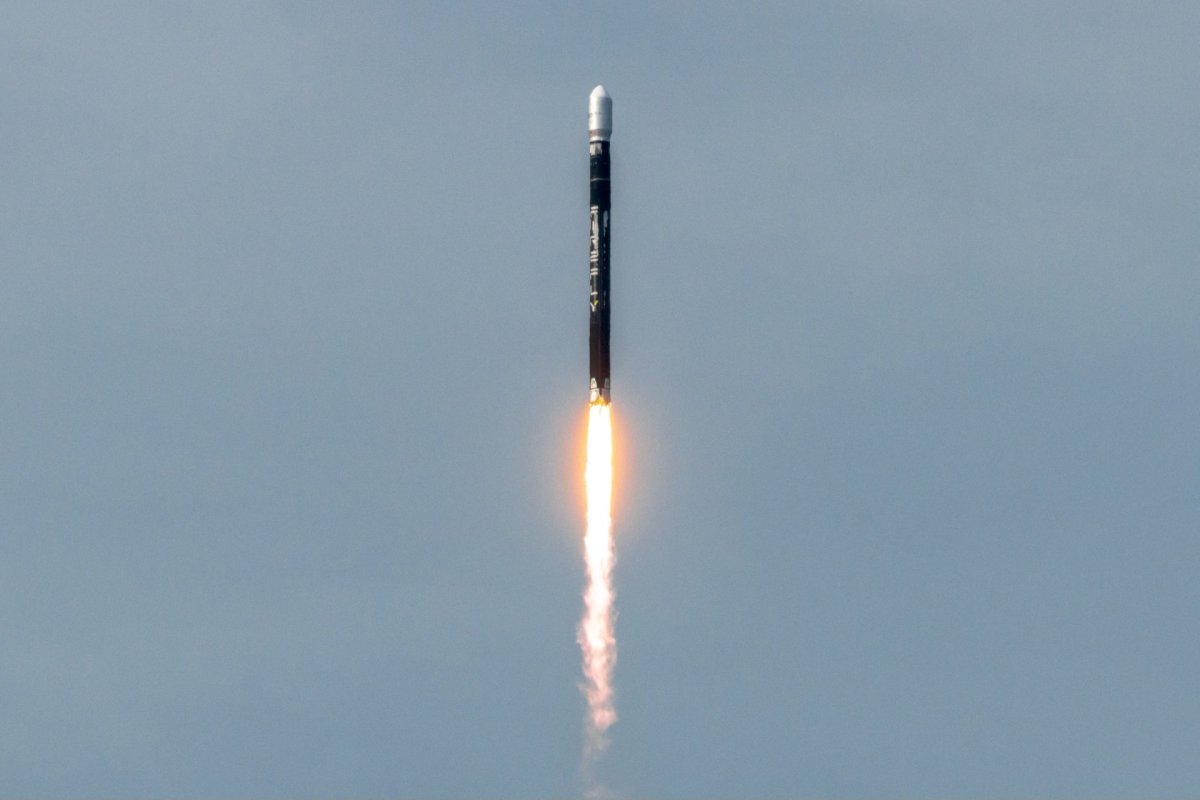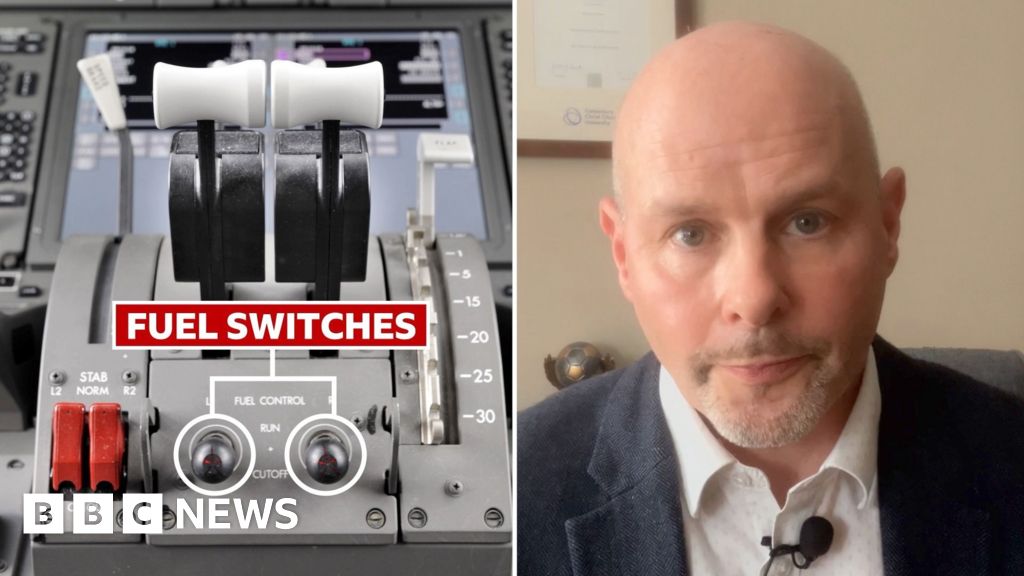Proposed NOAA Budget Kills Program Designed to Prevent Satellite Collisions
Trump’s first administration helped establish the Traffic Coordination System for Space (TraCSS). His second administration wants to dismantle it.

ESA
When President Trump issued a memorandum on national space traffic management policy in June 2018, there were fewer than 5,000 satellites orbiting the planet. Today, there are nearly 12,000 — but the fledgling traffic management program he jumpstarted is now facing demise, according to the administration’s proposed 2026 budget for the National Oceanic and Atmospheric Administration (NOAA).
The proposal “sets [the U.S.] back by decades” says Moriba Jah, an aerospace engineer (University of Texas at Austin) who has thrice testified to Congress on space traffic management. “It’s stupid.”
Called the Traffic Coordination System for Space (TraCSS), the program is tasked with providing free space situational awareness data (i.e., the trajectories and environments of orbiting space objects) to both civil and commercial satellite operators. Prior to TraCSS, this collision-preventing data was handled by the Department of Defense (DOD). But as the number of satellites rose, the burden of managing them became too far removed from the DOD’s core national security responsibilities.

TraCCS, a trial version of which was launched in September 2024 under NOAA’s Office of Space Commerce, was built as a “one-stop shop to provide meaningful, credible, actionable services to help space safety, security, and sustainability,” says Jah. But with the Trump administration aiming to slash NOAA by $2.2 billion and 2,000 employees, TraCCS fell under the knife, despite costing the government only $55 million annually — about the cost of three SpaceX rocket launches.
The verdict in the White House’s budget proposal, released on June 30th, had been teased through rumors and leaked documents, says Audrey Schaffer, vice president of strategy and policy at Slingshot Aerospace, a space situational awareness company. Managing satellite traffic had been a policy goal since the Obama administration, she says, so “it's kind of a head scratcher that we would take 10 years of progress…and just throw it away.”
Clayton Swope, deputy director of the Aerospace Security Project at the Center for Strategic and International Studies, says that unlike a patchwork of independent space situational awareness companies, the government can enforce a single standard for tracking data. He likens it to the Federal Aviation Administration; without it, the U.S. might have “United Airlines going to one company for air traffic control information, Delta going to one company, American going to another company, [but] they're all trying to land and operate at the same airport.” That opens up room for confusion and, potentially, collisions.
That fragmented scenario is what the NOAA budget proposes in place of TraCCS, stating that “private industry has proven that they have the capability and the business model to… [offer] both a free basic service as well as fee-based concierge services to civil operators.” However, Swope explains, no rules are in place to ensure satellite operators buy any private companies’ tracking data over using the trickle of free information the government would still publish. And with Europe and China both offering their own free, comprehensive government satellite tracking services, he says, the decision to cut TraCCS might be “a distortion of the market in favor of not-U.S. companies.” Schaffer thinks American satellite businesses might even look to move abroad.
Though the Trump administration aims to stoke the commercial space industry, the industry itself seems to be fighting back. On July 7th, 450 space companies wrote a joint letter to the Senate asking for continued funding to the NOAA office that supports TraCCS. It’s “quite rare” to get such a consensus among industry players, says Schaffer, one of the signatories.
One of the reasons for the letter, she says, is that even if industry players can fill in some of TraCCS’s duties, they largely won’t be able to operate internationally, where governments need to communicate with each other. That means that some space traffic management burdens will ultimately fall back to the DOD.
“It’s not like the Navy governs maritime traffic,” says Jah, who worries that giving space traffic responsibilities back to the military will decrease the trustworthiness and transparency of the data. For example, the DOD may remove tracking data for intelligence satellites to protect national security.
The infrastructure problems that led the first Trump administration to jumpstart TraCSS will also still remain, says Schaffer, who says the DOD data will be “increasingly insufficient to meet today’s traffic coordination needs” as satellite launches climb to the tens of thousands. “We’ve got to unburden our warfighters from having to be traffic cops or crossing guards in space.”
As with the NASA and NSF budgets, TraCCS’ fate is not sealed, but rather subject to budget negotiations from the House and Senate. Schaffer says industry pressure, as well as upcoming meetings on the Hill, are keeping the issue front and center to Congress. Though if the proposed budget stands, she says, “we will see, frankly, a more dangerous space environment.”
Comments

mary beth
July 11, 2025 at 4:16 pm
Sounds like it's headed to the private sector. That's a win-win.
You must be logged in to post a comment.

Ludovicus
July 12, 2025 at 12:50 am
Since WHEN did the private sector have ANYONE'S interest in mind, unless this also aligns with their agendas?
Not that I am pro-government, per se, but I think that this type of thing is needed as it was intended, to serve a unified and international purpose, like the FAA does. Having private sector shift in this effort is not ideally in the best interest of all.
And for those of us who hope that space exploration and advancement will be a more international endeavor ideally, having private companies slice up sections of solar system real estate is a BAD idea, in the long term.
But that is a topic for another time. Meanwhile, I hope that Mr. Trump reigns himself in a bit, he's going way off the rails slicing every program he can seemingly justify, whether its in the long term a good idea or not. What do those initiatives serve when countless thousands get unemployed and surge the private sector looking for jobs? All it does is drive down wages. Good luck having prosperity then!
Ah well - 3 more years to go... Enjoy it, you voted for it, so now you got it!
You must be logged in to post a comment.
Jim-Gasser
July 12, 2025 at 11:08 am
Unfortunately, the morons are in charge....There's no interest in science, only in money. Everything is about "private sector" to line the pockets of businesses, and denying any uncomfortable truths. Collectively, we get the government we deserve..
You must be logged in to post a comment.
You must be logged in to post a comment.
What's Your Reaction?
 Like
0
Like
0
 Dislike
0
Dislike
0
 Love
0
Love
0
 Funny
0
Funny
0
 Angry
0
Angry
0
 Sad
0
Sad
0
 Wow
0
Wow
0







































